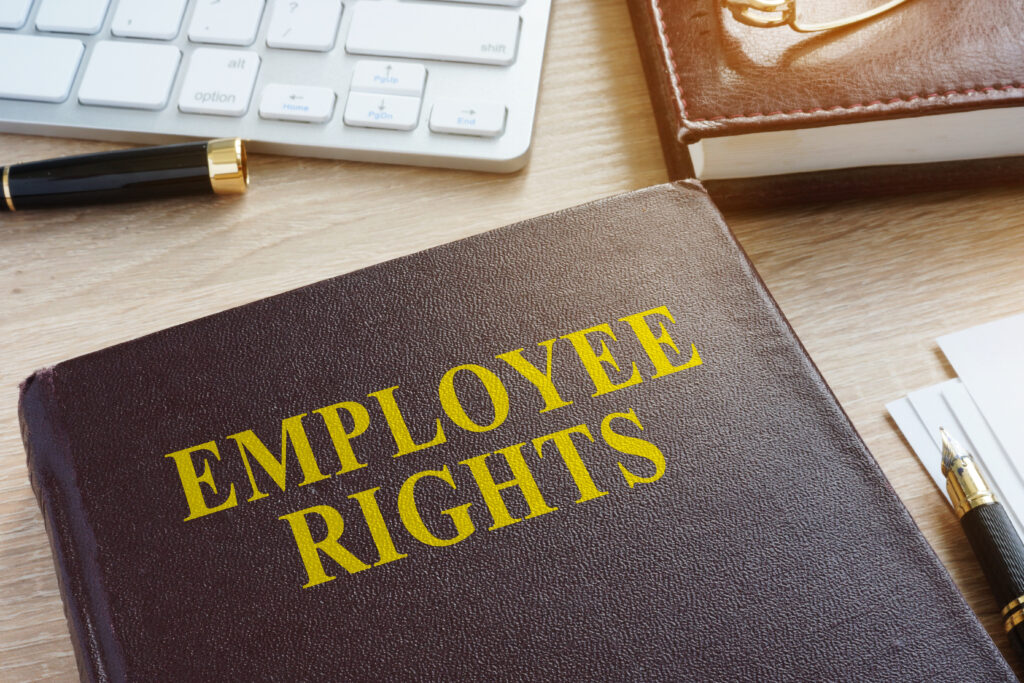Part 3 of our series of articles on people with significant control (PSC’s) will highlight filing obligation which must be adhered to. Anybody falling into one or more of the prescribed categories is a registerable PSC. An “initial statement of significant control” is required upon incorporation of a company at Companies House, setting out the particulars of any such person who will be a PSC of the company. A company is then required to annually confirm that their PSC information at Companies House is correct at their annual PSC confirmation date, but the company should not wait until the annual confirmation before making a necessary changes if transactional activity within the company identifies new PSCs or changes to PSCs.
For example, when a company undertakes certain transactions that affect the company’s shareholding, an important consideration is whether the transaction will have an effect on the PSC register. Examples of such transactions include:-
- an allotment of shares
- a transfer of shares
- a share buy-back or
- the exercise of an option over shares
For example, where a number of shares in a company are bought-back, this will reduce the total issued share capital of the company and may therefore increase some of the shareholder’s holdings, making them a PSC. As stated in our article 1, if a change to the PSC register is necessary following a transaction, the Company then has 14 days to update its own PSC register, and a further 14 days to file this information with Companies House.
If your company has undertaken a transaction recently and has not considered potential changes to its PSC register, records should now be checked and updated accordingly, including any updates that may be overdue.
If you require assistance with any Companies House filings, or if you would like to discuss the contents of this article in relation to your company, please contact Michelle Lamberth of our corporate governance team at michelle.lamberth@herrington-carmichael.com or 0118 989 9706 and we will be happy to assist.
This reflects the law at the date of publication and is written as a general guide. It does not contain definitive legal advice, which should be sought as appropriate in relation to your own particular matter before action is taken.









